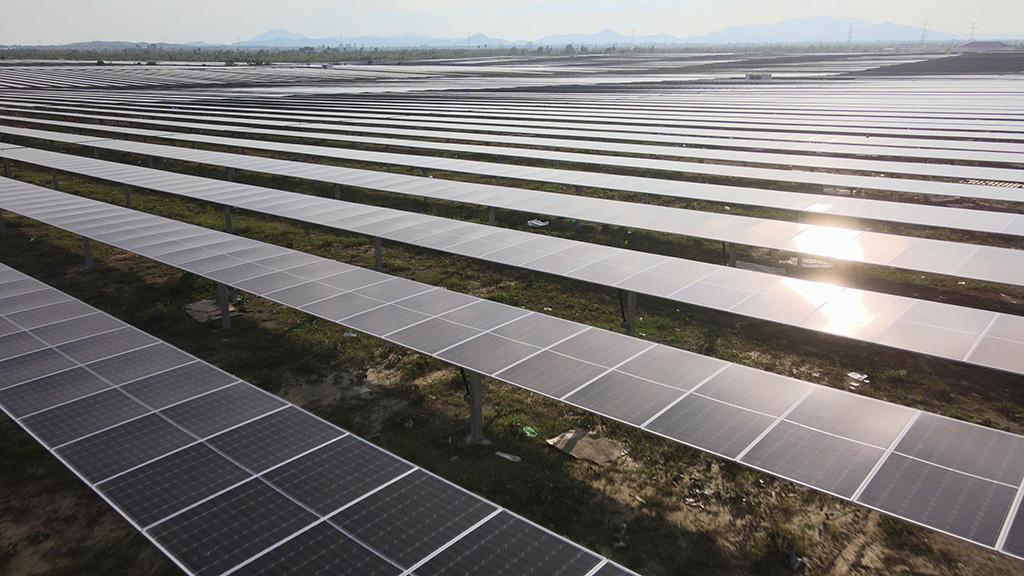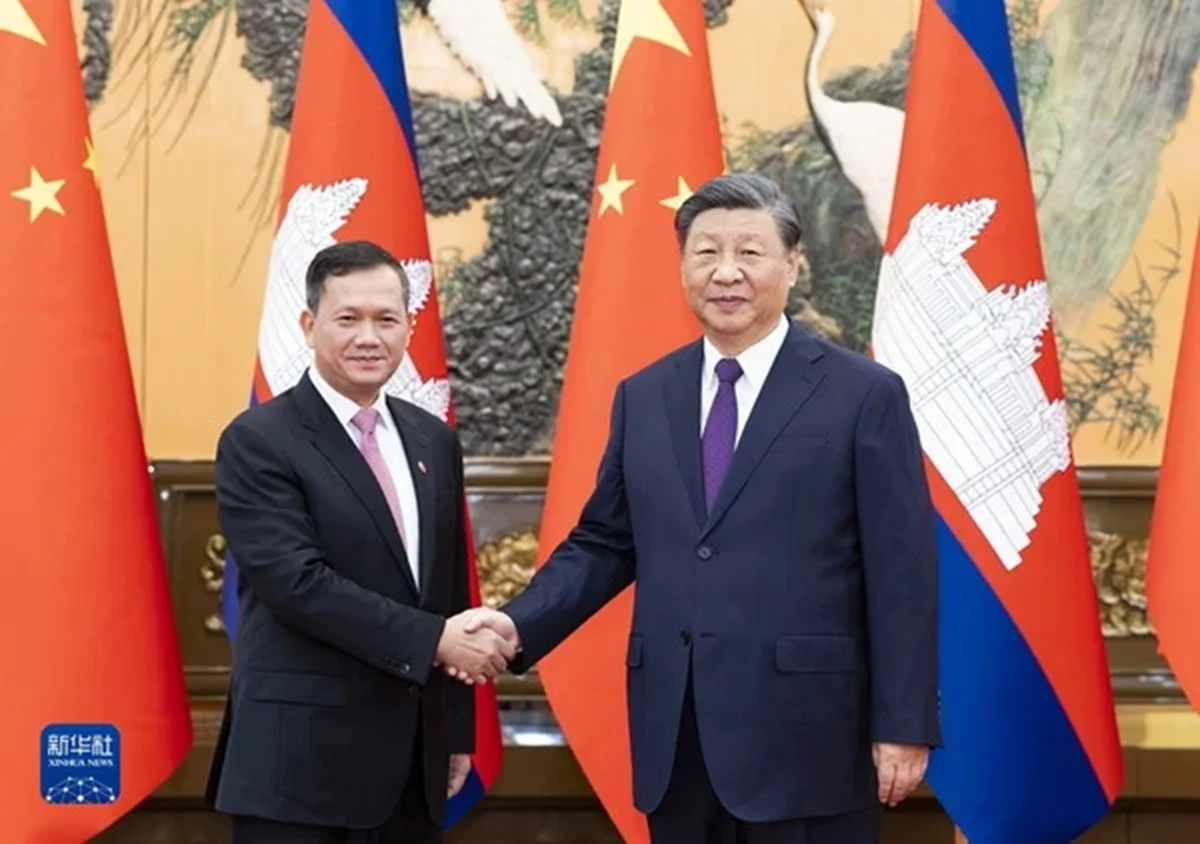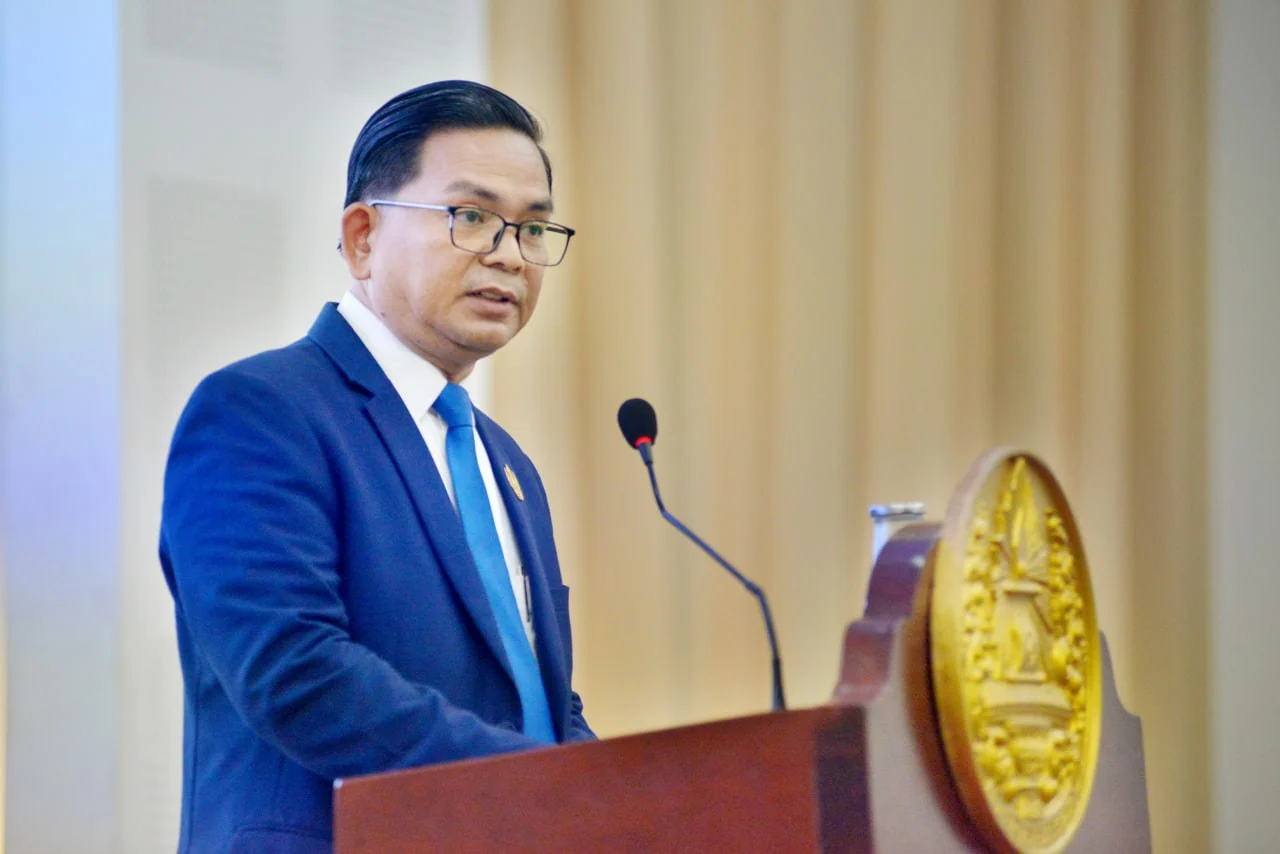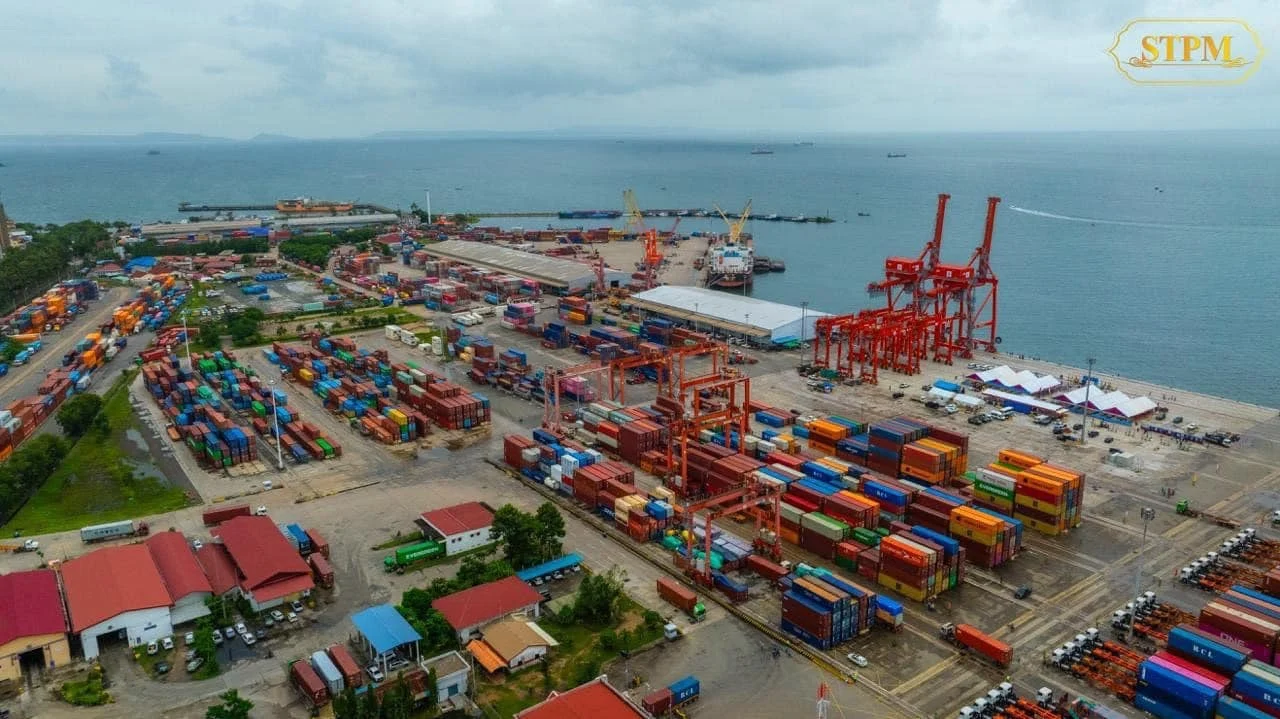The Asian Development Bank (ADB) has formally approved the second phase of Cambodia’s Energy Transition Sector Development Program (ETSDP), allocating a substantial $82.5 million. This significant funding initiative is designed to offer comprehensive support for the country’s clean energy transition. It aims to achieve this by integrating crucial policy reforms with strategic investment projects in cutting-edge energy technologies, thereby fostering a more sustainable and efficient energy landscape in Cambodia.
The $82.5 million funding package for the ETSDP is notable for its diverse co-financing structure. It draws contributions from several international and regional partners, including the ASEAN Infrastructure Fund, the Asia Pacific Climate Finance Fund, the Green Climate Fund, and the United Kingdom, specifically through its ASEAN Green Finance Fund. This multi-partner approach underscores the global commitment to supporting Cambodia’s ambitious clean energy objectives. As detailed in the official press release, the program’s overarching goal remains to provide robust and holistic support for the nation’s clean energy initiatives, critically linking policy transformation with innovative technological investments.
Building on the successes of its predecessor, Phase 1 of the program was approved in 2022 and laid foundational policy measures that steered Cambodia’s energy sector towards the efficient development of renewable energy sources. This second phase is designed to further accelerate progress. The ADB anticipates that Phase 2 will be instrumental in advancing legal and regulatory reforms, thereby strengthening the overall energy efficiency framework. A key objective is to enhance policy clarity, which is crucial for attracting and securing increased private sector investment in the nation’s burgeoning clean energy projects.
A significant expected outcome of this comprehensive program, as highlighted by the ADB, is the establishment of Cambodia’s inaugural set of regulations for Minimum Energy Performance Standards (MEPS). These standards will initially target electrical appliances, commencing with air conditioners. This focus is strategic, given that air conditioning units represent the largest segment of residential energy consumption, and improving their efficiency will have a substantial positive impact on national energy use.
Furthermore, Phase 2 will see the creation of an innovative Energy Efficiency Revolving Fund (EERF). This fund is specifically designed to enhance access to finance for local small and medium-sized enterprises (SMEs), empowering them to invest in advanced, energy-saving technologies. The ADB elaborated that the EERF will operate through a financial intermediary structure, enabling domestic banks to significantly increase their lending capacity to SMEs. This mechanism is crucial for facilitating widespread adoption of energy-efficient solutions across various local businesses.
Anthony Gill, the Acting Country Director for the Asian Development Bank in Cambodia, underscored the significance of this collaboration. He stated, “The ADB is honored to assist Cambodia on its ambitious and transformative journey within the energy sector. This comprehensive reform financing package, which thoughtfully combines policy support with strategic investments, will enable the Energy Transition Sector Development Program to effectively translate the Royal Government’s visionary goals into concrete, measurable outcomes.”
Mr. Gill further expressed the bank’s expectation that these efforts will contribute directly to Cambodia’s national target of achieving 70 percent renewable energy in its total power mix by the year 2030. He reaffirmed ADB’s steadfast commitment to fostering affordable energy efficiency, emphasizing its critical role in ensuring that Cambodia’s continued economic growth remains environmentally sustainable for the long term.
It is important to note that Phase 2 is part of a broader, long-term commitment, with a subsequent Phase 3 planned for 2027. This future phase aims to further deepen reforms by expanding the regulatory framework for energy efficiency and by establishing specific technical standards for renewable energy applications in both buildings and industrial sectors. These continued efforts are strategically designed to attract even greater private sector investment, ensuring the sustained momentum of Cambodia’s clean energy agenda. This information was conveyed in an official press release from the ADB, issued on October 7th.






